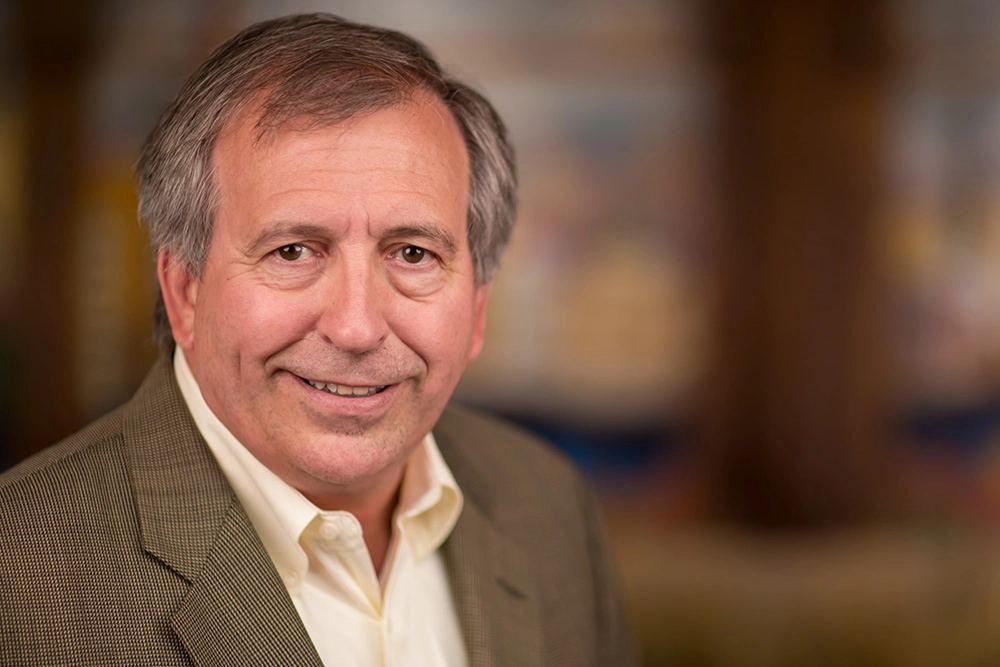Farewell: Parting Words from John Lewis on His Retirement
John will retire soon after over 46 years with Opus.

By John Lewis, P.E., Vice President of Engineering
46+ years and counting (until now…)
Growing up in rural Wisconsin, I always had a curiosity of what made things work. While disappointed when a machine on my uncle's farm would break or seeing a piece of broken railroad equipment my Dad was repairing (he was a machinist repairing track maintenance equipment), I looked forward to spinning off the wing nuts to look inside and discover the how/what/whys of its inner working; or why it broke. This led me into the technical side of the engineering field which was heavy in differential equations and the use of a “slide rule", the high-tech calculator of the time.
I was originally attracted to Opus as an intern student by the close connection between design in the office and field operations. I started working with the project management group, but after a couple of work sessions, I realized my technical skills were not the best fit and transferred over to engineering. Once out of school, I returned to Opus, and as my technical skills grew, so too Opus grew from primarily building warehouses and one-story buildings to taller and more complicated facilities.
My growth was facilitated not only by the increased complexity of Opus' projects, but with the close interface and mentorship between design, construction, and development. While I immediately had a close connection with field activities, it was over time that I came to appreciate how project management brings together and orchestrates the assembly of systems that makes a building function. Likewise, development brought to my attention the importance of creating a final product that is attractive and marketable to investors while meeting the immediate user's needs.
As others have said before, an organization is no better than the people it is comprised of… speaks volumes of the quality and contributions of Opus' staff on all levels. With this in mind and the unique collaboration between these groups, I am confident the future bodes well for Opus.
Lastly, I am very thankful to have worked alongside so many talented people and allowed to be one of the “wing nuts" helping hold a piece of the Opus organization together.
Article Type: Blog Post
Topics: People | Minneapolis


